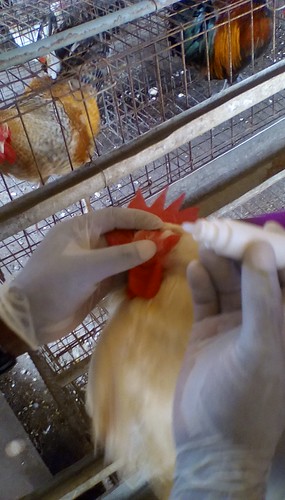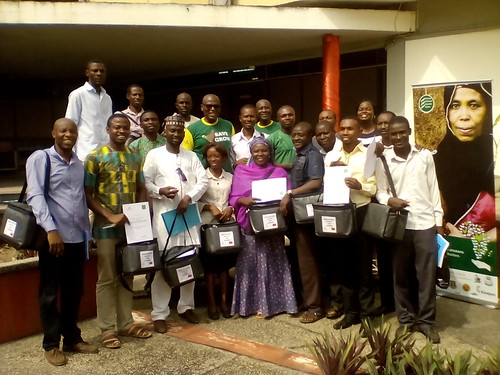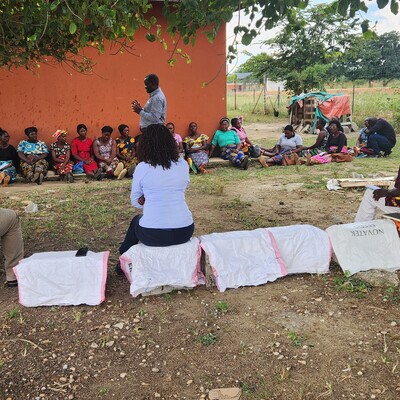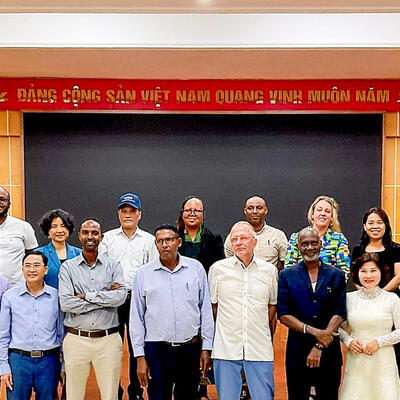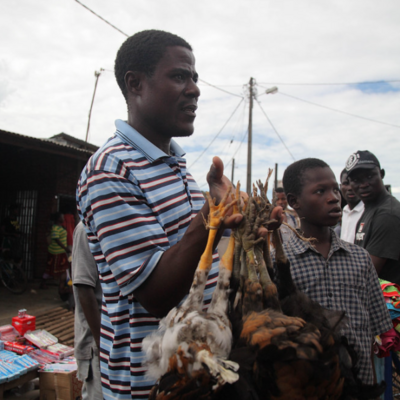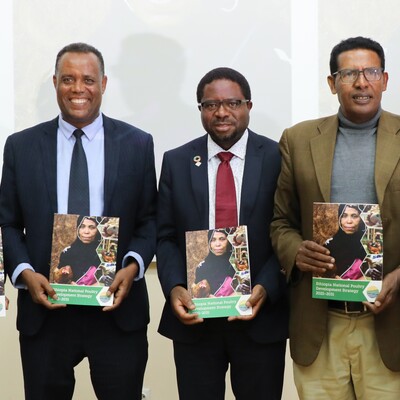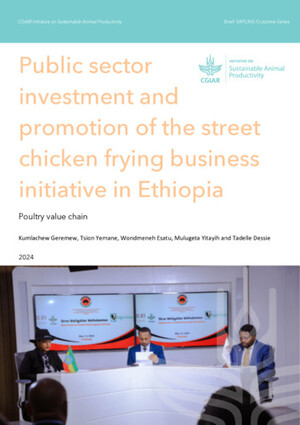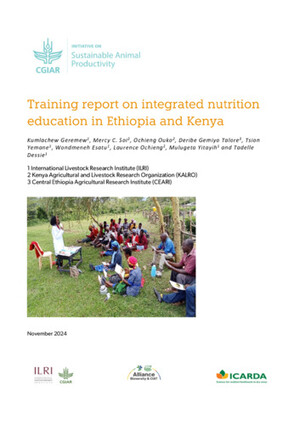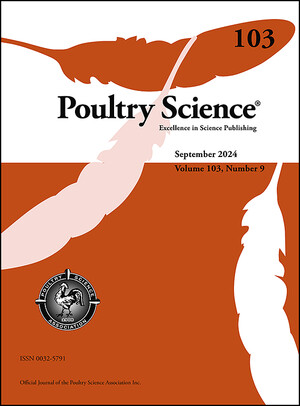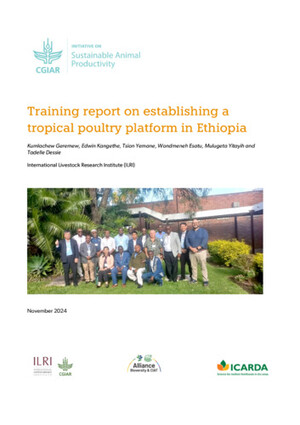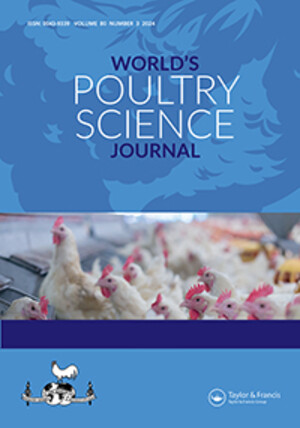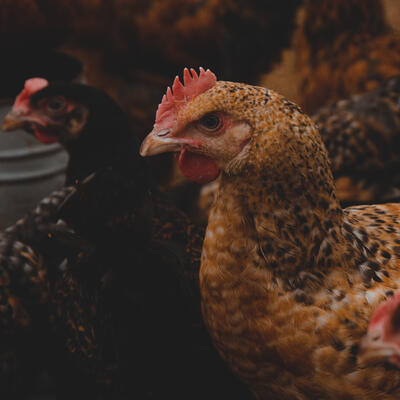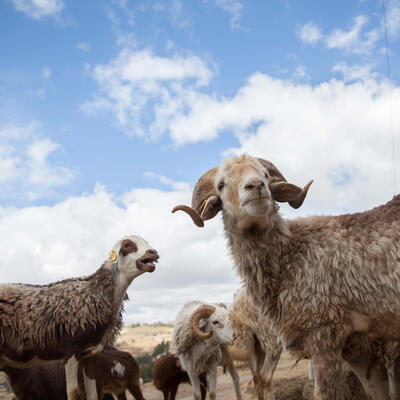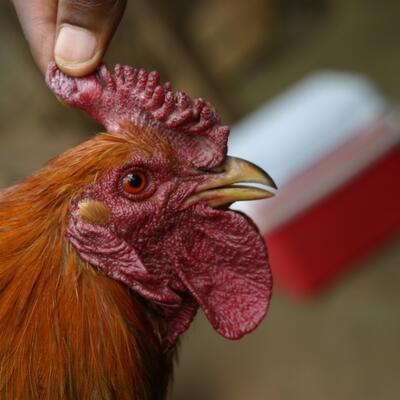
ACGG Nigeria deploys innovative village poultry vaccination model
Following the successful introduction of improved tropically adapted germplasm (iTAGs) to smallholder chicken (SHC) farmers in selected villages across Nigeria, the African Chicken Genetic Gains (ACGG) Nigeria team is intensifying efforts to ensure that the chickens are vaccinated for Newcastle disease.
In view of this, ACGG Nigeria, in partnership with Bdellium Consult Ltd, organized a one-day training for selected field officers (FOs) from the five sub-national zones on 7 February 2017, at the Obafemi Awolowo University, Ile-Ife, Osun State.
Newcastle disease and worm infestation are two major challenges that adversely affect the health and productivity of chickens in smallholder farms. Hence, vaccination and deworming are veritable options for enhancing productivity of SHC farmers. But achieving this has been generally difficult because most veterinary service providers are concentrated in the cities and are focused on commercial poultry producers.
ACGG Nigeria has started the use of an innovative village vaccination model to address this problem. The model employs individuals who have been trained by a veterinary doctor who work under the vets supervision in vaccinating and deworming chickens in the villages. The vaccinator, when making rounds in the village to vaccinate and deworm the birds, uses heat tolerant NDI 2 vaccines (produced by the National Veterinary Research Institute (NVRI), Vom, Jos, Plateau State) which are packaged in low doses for 50 – 200 birds. The charge for this service is N 20 (USD0.06) per bird.
The training highlighted the business model around which the vaccination and deworming program was developed. Other areas covered in the training include improved poultry management practices that help prevent diseases, identification and management of diseases, and record keeping.
There was a practical session at the Obafemi Awolowo University Teaching and Research Farm during which O.S. Idowu, the supervising veterinarian, demonstrated to the participants the process of vaccinating and deworming chickens. Afterwards, participants took turns to practice vaccinating and deworming birds.
Participants received insulated vaccinator’s packs containing vaccine pack(s), saline solution, droppers, deworming drug and record sheets for their respective zones. After the one-day training, the 15 field officers who were trained as vaccinators, travelled back to their respective states to start the vaccination of birds of project beneficiaries.
Written by Fikayo Oyewale.





